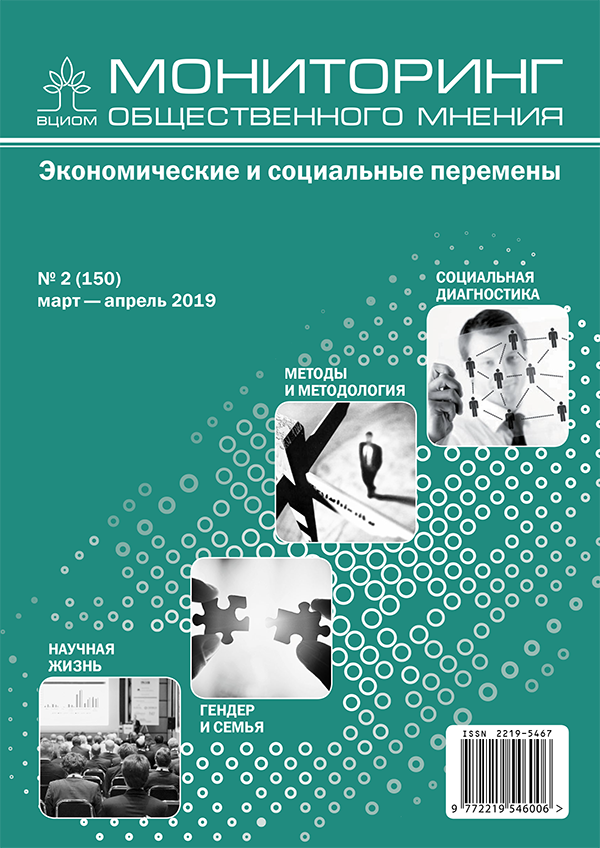State radio broadcasting in Russia: the trend towards the loss of influence
DOI:
https://doi.org/10.14515/monitoring.2019.2.20Keywords:
state radio broadcasting, radio audience, broadcasting, FM band, VHF band, cable radioAbstract
The article deals with the problems of federal state radio broadcasting on the case of radio stations “Radio Rossii” and “Mayak”, which are the structural units of the all-Russian state television and radio broadcasting company (VGTRK). The accumulated research data allow us to see that radio stations owned by VGTRK over the past 22 years have lost a leading position in Russia. The share of the audience at the national level in period from 1996 to 2018 decreased from 27% to 5.8% for “Radio Rossii” station, and from 26% to 3.1% for “Mayak” station. And if in 1996, two stations took, respectively, was in the 1st and 2nd place in the rating of the share of the audience, in 2018, "Radio Rossii" station was only in the 5th place and "Mayak" station in the 13th. The main reason for this downfall is the lack of attention to the technical distribution of the signal from the management of the radio station. In 1996, the population of Russia listened to the radio mainly on wired radio, medium and long wave receivers. In 2018, the vast majority of Russian audience listened to the radio on the FM band, where state-owned stations were represented poorly in comparison with leading commercial stations. By 2018 according to estimation, only 12% of the Russian population can receive "Radio Rossii" and "Mayak" stations on wired radio, despite the fact that the broadcasting on long waves terminated. Loss of the audience accompanied by a weakening of the brand power of radio stations. It is especially evident for "Radio Rossii" station - only 8.4% of respondents have spontaneous knowledge of this radio station (data of the "Mediascope" research company). In order to regain the leading position, the state radio stations must ensure a 100% presence in the FM broadcasting at least in large and medium-sized cities, but, first of all, in Moscow. If this is not done in the near future, the audience rates will continue to decline. The loss of audience by federal state radio stations threatens the development of social and political processes in Russia, because state media, including radio stations, ensure the constitutional right of citizens to receive information and access to cultural values, fulfill the statutory functions to cover the activities of state authorities and campaigning for candidates and political parties during election campaigns.






